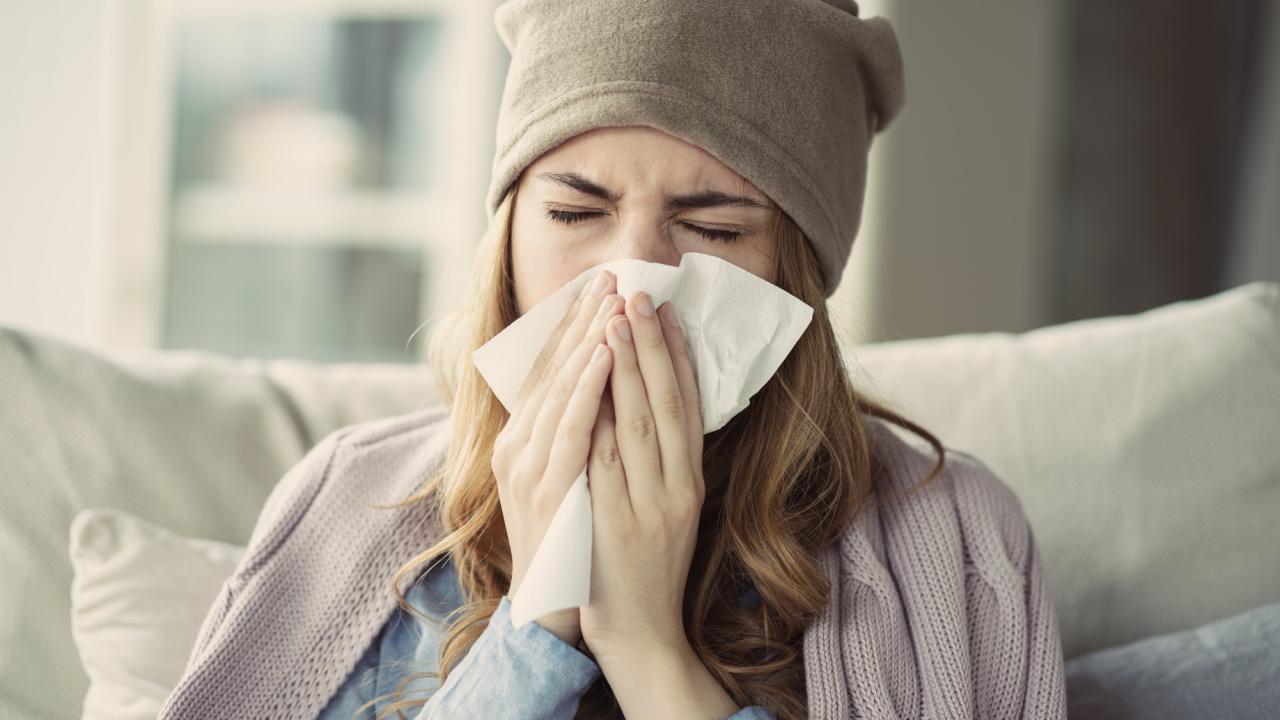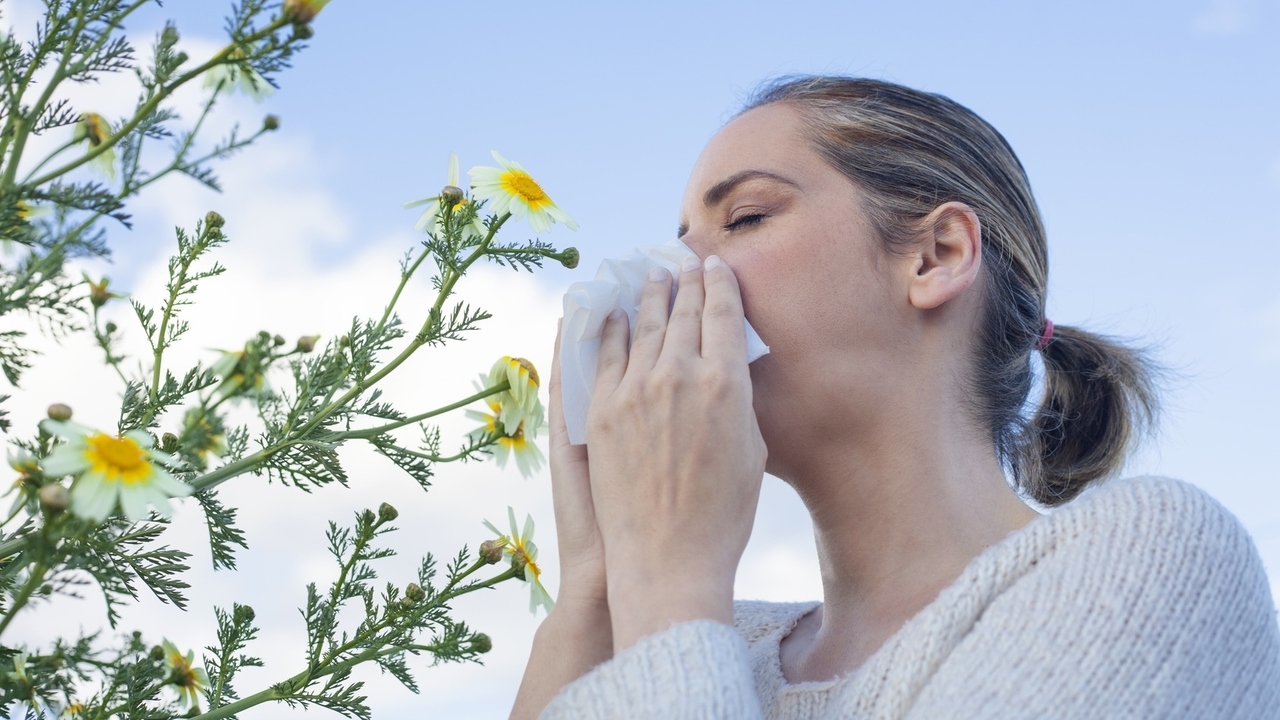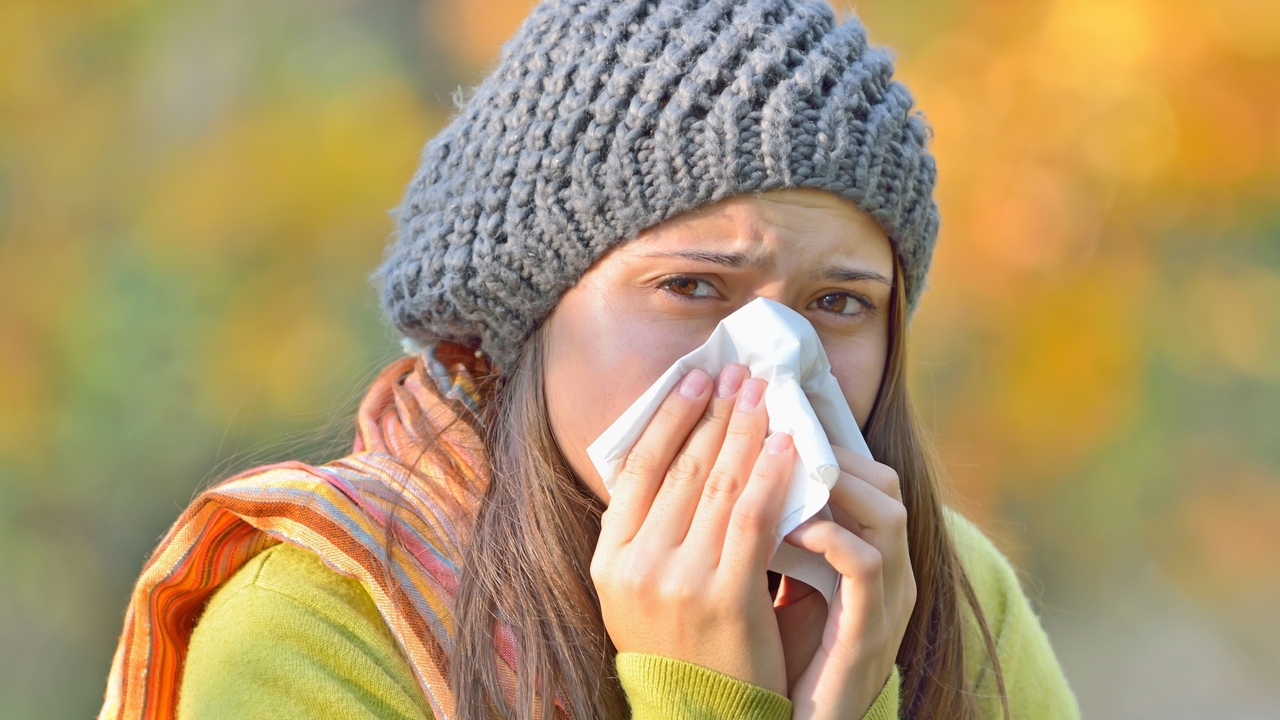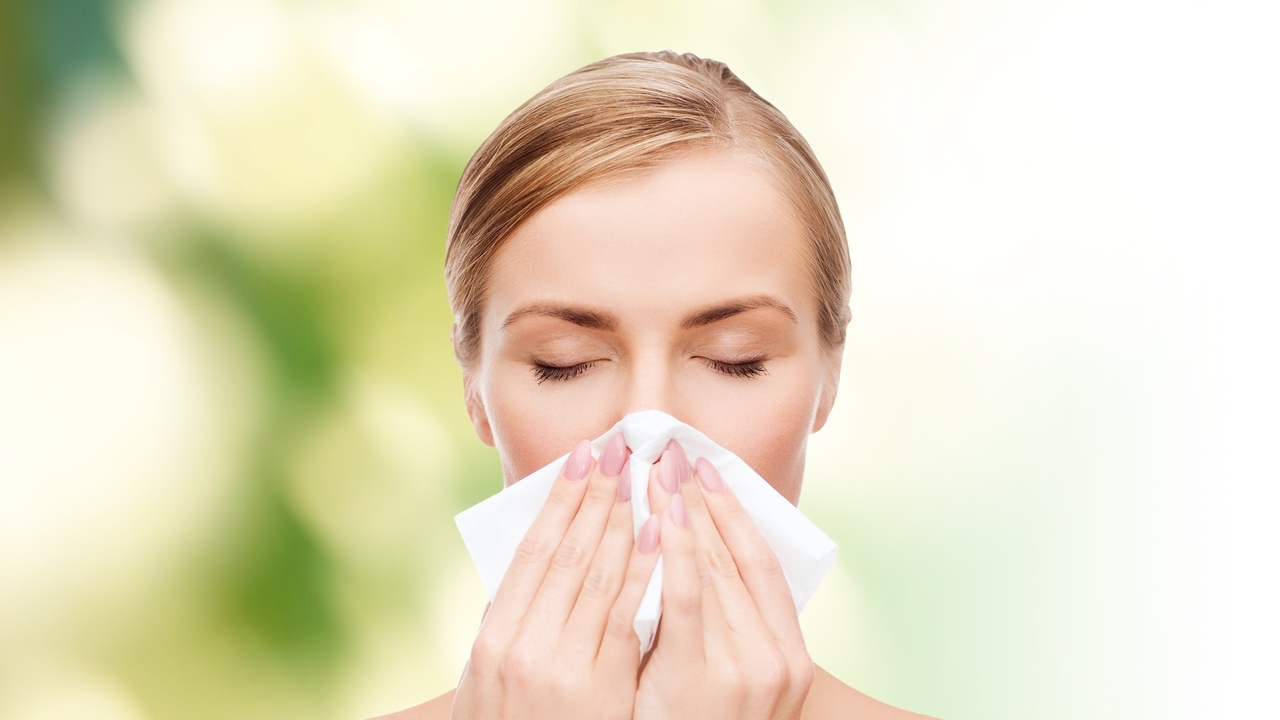There could be new relief on the horizon for hay fever sufferers. Researchers at the Center of Allergy & Environment (ZAUM) from Helmholtz Zentrum München and Technische Universität München believe a new plant extract may be more effective at fighting hay fever than traditional antihistamines.
Hay fever is the common name used for allergic rhinitis, which is a nasal allergy caused by plant pollens. The word rhinitis means inflammation in the nose and sinus passages. An allergy is an inappropriate reaction by the immune system. Normally, the immune system fights substances that are harmful to the body, such as bacteria. With an allergy, the immune system mistakenly attacks something that is not harmful, which is known as the allergen. Common hay fever allergens include ragweed and Bermuda grass. Allergy flare-ups are common during the seasons when these and other plants are producing pollen.
During an allergy attack, the immune system tells the body to produce antibodies to fight off the allergen. This triggers the chemical histamine to be released in the body, which causes the symptoms we associate with an allergy attack including runny nose, swollen sinuses, and red or watery eyes. The standard medications used to treat hay fever are antihistamines, which are drugs designed to fight against histamine. Antihistamines can be purchased over-the-counter or may be prescribed by your doctor. Many people find that antihistamines make them feel sleepy.
The research team from ZAUM may have found a better approach to fighting the effects of hay fever. The results of their clinical trials were published in the Journal of Allergy and Clinical Immunology. The plant extract they used is known as Ze 339 or Petasol butenoate complex. They say it acts faster than antihistamines and does a better job at reducing swelling in the mucus membranes in the sinuses during a hay fever attack. In addition, the researchers found that using the plant extract also worked to prevent hay fever symptoms from beginning.
The scientists plan to continue their research with the goal of helping relieve allergy symptoms and improving quality of life for people with hay fever. The plant extract has been approved for general use in Switzerland and South Korea. It will undergo further studies before entering the market in other countries.
Sources:
Science Daily
Asthma and Allergy Foundation of America
Discovery Health





Add a CommentComments
There are no comments yet. Be the first one and get the conversation started!